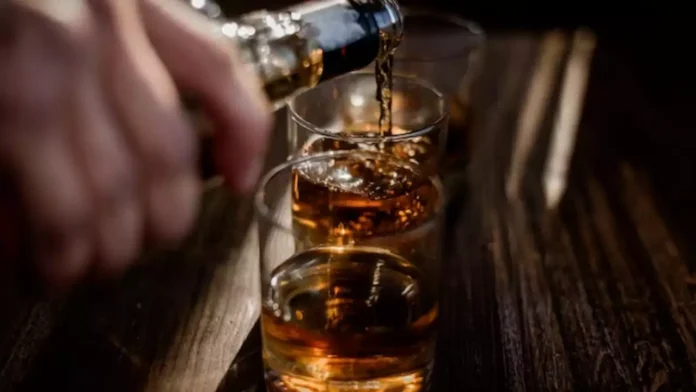Following complaints about the illicit serving of liquor at banquet halls, farmhouses, and venues hosting events, parties, and wedding functions without obtaining the mandatory temporary P-10 licence, the Delhi government has directed the operators of such premises to register in advance with the excise department.
In a recent directive, the deputy commissioner (excise) mentioned that online registration, without any payment, will begin on December 25. “In case any excise violation is found on the premises, it may be debarred for at least three months from applying for P-10 permits in the first case,” the order stated. “In case of repeat violation, the premises would be debarred for one year.”
Temporary licences, referred to as P-10 licences, are intended for individuals to serve liquor at private parties. They can be acquired by paying INR 10,000, except for motels, banquet halls, and farmhouses, where the fee is INR 15,000.
A senior official stated that the enforcement team carried out random inspections at venues hosting weddings, related events, and private parties. Penalties were imposed on the host if alcoholic beverages were served without the required permit.
According to the data, 8,237 P-10 licences were granted during the five months of the festival and wedding season, spanning from October 1 to February 28 in the fiscal year 2022-23. In contrast, only 5,353 permits were issued in the seven months from March 1 to September 30 this year. During the festival season in October and November this year, only 1,716 P-10 licences were issued.
Officials mentioned that a large number of events, including those during Christmas, New Year, and wedding-related functions, took place during this period. However, only a few of them obtained the temporary licence.
In November, the excise department reissued instructions to the city’s restaurants, prohibiting them from applying for temporary licences to serve liquor.
Continue Exploring: Delhi govt bars independent restaurants from using P-10 liquor permits
While 935 hotels, clubs, and restaurants possess the excise licence to serve liquor, the count of standalone restaurants eligible to obtain a liquor licence is 5,374.
“These restaurants use the P-10 licence to buy stock from retailers instead of having a regular excise licence because of the higher fee as compared to the charges for the temporary permit. This leads to excise revenue loss to the state exchequer,” said an official.
“We also lose out on additional excise duty, which is up to 20 percent of the price of a bottle, on the sale of each bottle of alcohol sold to a restaurant with a regular licence,” the official added.





